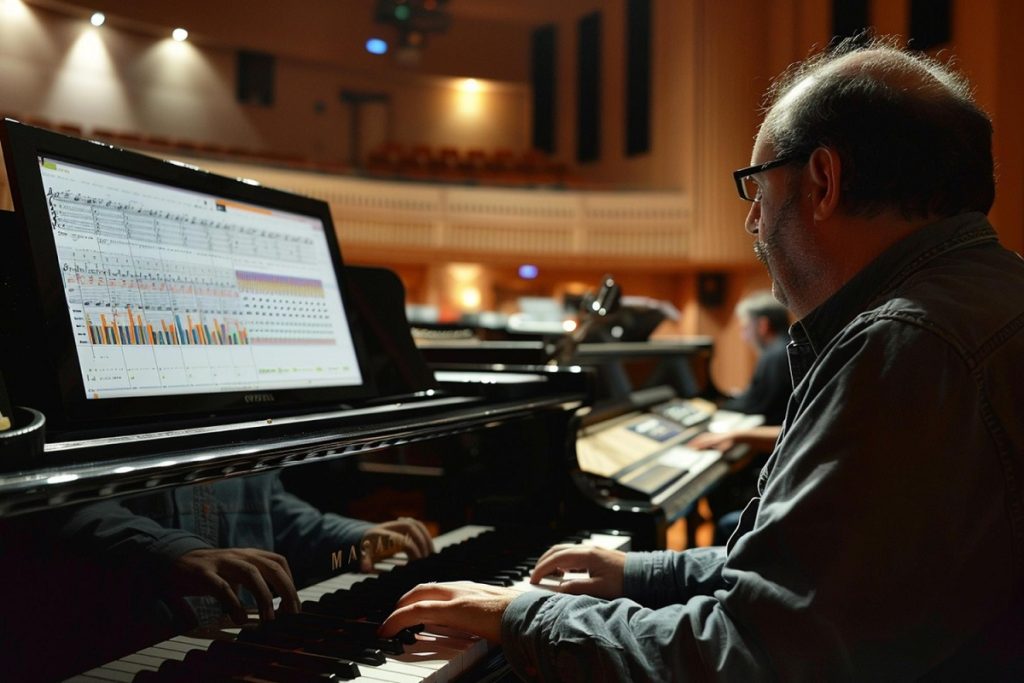The transformative power of music in video games
The role of music in storytelling, whether in film, TV, or video games, cannot be overstated. A brilliant score goes beyond mere background sound; it enhances the emotional landscape, enriches the narrative and ultimately, secures a deeper engagement from its audience.
In the realm of video gaming, few titles exemplify this as strikingly as Sony’s God of War series.
The impact of sound in God of War
Each installment of God of War is known for its rich, immersive gameplay and epic storytelling. The music, composed by Bear McCreary, plays a pivotal role in crafting these elements.
McCreary’s compositions not only provide a sonic backdrop but also elevate the narrative, turning gameplay into a riveting, cinematic experience.
Through themes of rage, redemption, and loss, the score adds depth to the protagonist Kratos’ journey, enhancing the emotional weight and the storytelling.
Creating emotional depth
One of the most notable pieces, “Memories of Mother” from God of War 2018, uses a haunting melody to evoke sadness and longing, perfectly capturing Kratos’ internal struggle.
This track not only adds layers to the character but also enhances player empathy, making the game’s experience significantly more substantial.
Building suspense and excitement
Combat scenes are another area where McCreary’s expertise shines. Aggressive percussions and faster tempos increase heart rates, pushing players to the edge of their seats.
This musical technique is not just about signaling action but also sustaining tension, making each battle feel monumental and exciting.
Cultural and historical significance of the soundtrack
The God of War soundtrack does more than support a narrative. It borrows elements from ancient music traditions, intertwining them with modern symphonic elements.
Nordic and Greek musical influences can be heard throughout the games, aligning with the mythologies that form the storyline’s basis. This blend of old and new invites players into a timeless narrative, exploring themes that are both ancient and universally relatable.
Paying homage to mythology
In tracks like “Witch of the Woods”, McCreary uses traditional instruments like the nyckelharpa and the hurdy-gurdy, infusing Nordic cultural elements that enrich the setting’s authenticity.
These choices not only serve to beautify the melody but also pay homage to the mythologies that inspire the game, thereby rooting the fantasy in something tangibly real and historically resonant.
Unique insights and anecdotes
Dedicated fans might find it fascinating that Bear McCreary was inspired to join the project by the game’s creative director, Cory Barlog.
Barlog’s vision for a more nuanced, emotionally-driven narrative provided McCreary the space to explore deeper, more complex compositions. McCreary’s involvement turned the score into an emotional compass for the game, guiding players through the story not just visually but viscerally.
In conclusion, the soundtrack of God of War exemplifies how music in video games can be transformative. Bear McCreary’s scores do not just accompany the action but propel the narrative, deepen the player’s engagement and elevate the entire gaming experience.
As we continue to see advancements in video game development, the role of music remains clear: it’s not just an add-on; it’s an essential narrative device.






